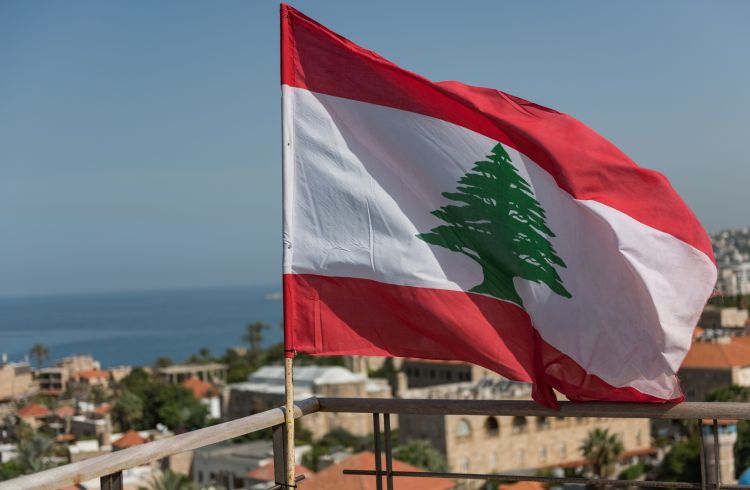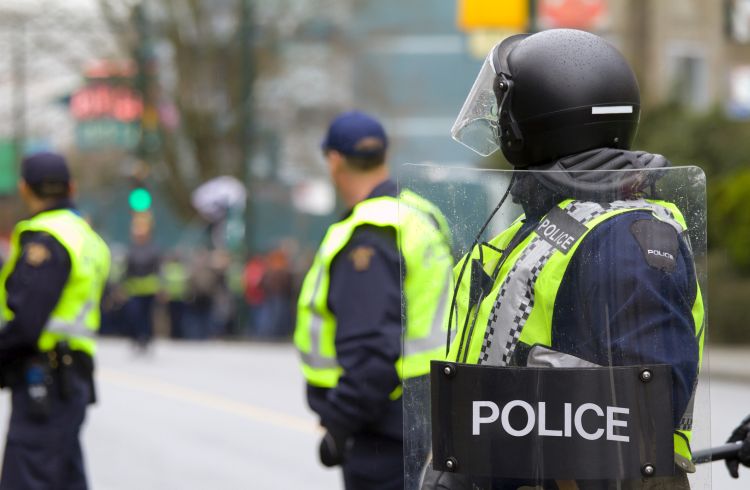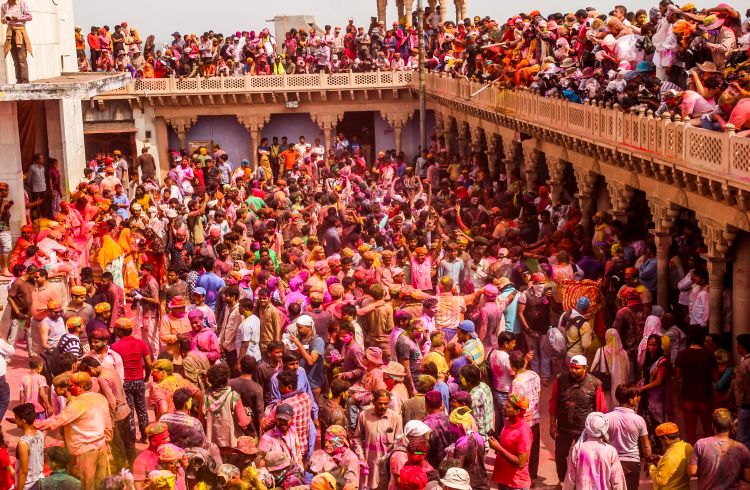Lebanon Travel Alerts and Warnings
Are Lebanon's borders open? Find out how coronavirus (COVID-19) travel restrictions may affect your trip.
 Photo © Getty Images/Malcolm P Chapman
Photo © Getty Images/Malcolm P Chapman
Coronavirus (COVID-19) travel restrictions in Lebanon – updated 14 January 2021
Land and sea borders will close between 14 January and 25 January.
From Thursday 7 January 2021, travelers to Lebanon must take a PCR test at Beirut International Airport on arrival before quarantining for one week. The first 72 hours of quarantine must be spent at a Government of Lebanon-approved hotel. Only when you receive a negative test result can you move to your accommodation where you must continue to quarantine before taking another PCR test (that you must arrange yourself) a week after your arrival. When both tests are negative, you may leave quarantine. Commercial flights have resumed from 1 July at a limited capacity.
Passengers must fill out a health declaration form online before departure, and have a medical certificate with a negative COVID-19 PCR test result issued no more than 96 hours before arrival. Requirements may differ depending on where you are arriving from – check with your airline for the latest information.
Upon arrival, everyone will be required to take another PCR test.
Foreign travelers must have a travel insurance policy that covers costs of treatment or COVID-19. An insurance policy can alternatively be obtained upon arrival at Rafik Hariri International Airport in Beirut.
Restrictions apply in Lebanon, and you must follow the advice of authorities. Stay up to date with the latest information.
On 4 August, a large explosion in the port area of Beirut caused widespread damage to buildings and infrastructure. Beirut has been declared a disaster zone, and a state of emergency remains in place until 18 September. Be prepared for significant delays and disruption to transport, and be aware of hazards that pose a serious risk to your safety.
Previous travel alerts for Lebanon
Protests in Lebanon – October 2019
Enormous crowds are protesting on the streets of Lebanon, demanding an end to economic troubles and perceived government corruption.
Roads are blocked, disrupting travel to and from the international airport. Expect transport delays, and be prepared for changes to travel plans. Stay up to date with local news reports and media, monitoring the situation closely.
If you are in Lebanon, stay away from crowds, rallies and demonstrations. We suggest you check your government’s travel advisory for their latest advice on travel to Lebanon and read about which countries World Nomads travel insurance includes coverage for.
Political upheaval and acts of terrorism have made travel to the Middle East much more perilous than in the past. Although many would advise refraining from travel to Lebanon due to safety and security issues, there are many willing to accept the risks and start packing for the chance to visit this fascinating country.
It's important to arm yourself with up to date information and a carefully planned itinerary to avoid danger zones is the key to increasing the probability that your trip will be trouble-free and safe.
Cyclists kidnapped - March 2011
In March 2011, seven Estonian cyclists were kidnapped in Deir Zenoun near the Bekaa Valley. This appears to have been a planned and well-coordinated incident. As of today, the location of the Estonians is still unknown.
Civil unrest due to information from a former Prime Minister assassination – 2011
In January 2011, the Special Tribunal for Lebanon (STL) in response to the assassination of former Prime Minister Rafik Hariri, handed over indictments for review. Further developments related to this case may increase the likelihood of unrest. Additionally, Lebanon's unity government collapsed following the resignation of 11 opposition ministers.
A number of demonstrations resulted although there were no injuries reported. Historically, political demonstrations have led to roadblocks, burning of tires and weapons fire.
In the past few years, there have been increased incidents of unofficial road barricades, gun battles in residential neighborhoods, grenade attacks, targeted vehicle explosions and shelling.
Attacks have occurred in places frequented by foreigners (public transportation hubs, hotels, major thoroughfares, etc.). Additionally, due to spontaneous upsurges in violence, access to borders, airports and seaports can be interrupted with little or no warning.
The terrorist group, Hezbollah, maintains a strong presence in parts of the southern suburbs of Beirut, portions of the Bekaa Valley and areas in South Lebanon.
Sporadic violence involving Hezbollah or other extremist groups remains a possibility in many areas of the country. Militants have mounted attacks in the lead-up to and on days of national and religious significance, so be particularly cautious during these times.
Foreigners have sometimes been detained by militants for many hours. In September 2010, two Polish citizens were detained in the Bekaa Valley and were free only after Lebanese army intervention. U.S. tourists are particular targets in Lebanon. In early 2008, a U.S. Embassy vehicle was targeted in a bomb attack that killed three Lebanese bystanders. U.S. citizens should thus keep a low profile, varying times and routes for all required travel.
Places to avoid in Lebanon
The Tripoli neighborhoods of Jabal Mohsen and Bab al Tabbaneh are prone to intercommunity violence. Since the May 2008 hostilities there have been violent outbreaks in Tripoli that left more than 20 dead and dozens wounded.
South of the Litani River (especially areas bordering Israel) is a highly militarized and volatile area. Rocket launches occasionally occur, provoking retaliatory attacks within Lebanon.
Lebanon and Israel have not yet agreed on an international border. The "Blue-line" separating the two countries and the nearby areas are often heavily mined. Avoid areas of Ghajar, Kfarshouba Hills and Chebaa Farms which also remain under border disputes.
Travel to Palestinian refugee camps is strongly discouraged. The security in these areas remains tense and unpredictable.
Keep in mind that Palestinian camps are often located close to urban centers and are not always clearly separated, therefore, exercise caution to avoid unknowingly entering a camp. Palestinian groups hostile to both the Lebanese government and the U.S. operate largely autonomously inside refugee and other camps in different areas of the country resulting in numerous violent incidents such as shootings and explosions.
Asbat al-Ansar, a terrorist group with apparent links to Al-Qaida, has targeted Lebanese, U.S., and other foreign government interests.
They have been outlawed by the Lebanese government but continue to maintain a presence in Ain al-Hilweh refugee camp.
Finally, various Western interests have been attacked in the past. Places such as Embassies, international hotels, fast-food outlets and restaurants, especially those frequented by foreign military personnel, remain possible targets.
Travel safety tips for Lebanon
- Register with your local Embassy upon arrival and contact them periodically for any updates
- Carry up to date passport/travel documents and other identification on you at all times
- Stay informed daily of any potential problems through local media reports
- In the event of an uprising nearby, vacate the area and travel to a safe location
- If unable to leave the area, stay indoors, listen to media updates and make contact with your Embassy
- During any times of unrest, keep a low profile and pay close attention to your personal security at locations where foreigners typically gather
- Always exercise extreme caution. During times of upheaval, the ability of your Embassy or local government to assist or provide emergency services or evacuations may be severely limited.
Related articles
Simple and flexible travel insurance
You can buy at home or while traveling, and claim online from anywhere in the world. With 150+ adventure activities covered and 24/7 emergency assistance.
Get a quote

No Comments